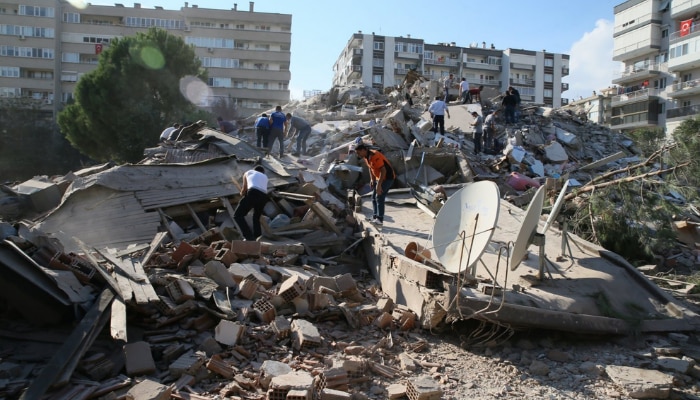
“One company that you seem to believe is connected with relatives of the president has left this joint-stock company,” he said.Īs Turkmen.news remarks, however, Nusay Yollary has certainly had many other opportunities to line its pockets, and has done quite shoddy work in return. In August, the outlet cited sources as saying that an underpass built by the company in Ashgabat had been closed off amid concerns it was sagging and that it thereby posed a danger to traffic passing both over and underneath. Khadzhiyev explained, clearly alluding to Nusay Yollary, although not referring to it by name, that this company was no longer involved in the project. As Turkmen.news reported in January 2019, one of the four companies involved in the joint venture given the contract to do the work was called Nusay Yollary, which was said to be owned by Annanazar Rejepov, the husband of one of former president (and now National Leader) Gurbanguly Berdimuhamedov’s sisters. That Berdimuhamedov is the father of the incumbent president. This road is to span 640 kilometres and cost $2.3bn to complete. One particularly notorious case involves the Ashgabat-Turkmenabat highway. Amsterdam-based Turkmen.news reported with some satisfaction that Deputy Foreign Minister Vepa Khadzhiyev felt compelled to finally address the question of how the ruling family has benefitted from lucrative government contracts over the years. As well he might, since the organisation never thought to question the epidemiologically dangerous denialism that the Turkmen government has insisted upon throughout the pandemic.Ĭorruption got quite an airing at the Human Rights Committee consultations. The WHO acquitted itself with “competence and professionalism,” he averred. On March 2, President Serdar Berdimuhamedov used a speech delivered in Baku, Azerbaijan, at a summit-level meeting of the Non-Aligned Movement devoted to post-COVID economic recovery strategies to pay tribute to the World Health Organization. Not that COVID-19 should have been a problem, of course, given that Turkmenistan is the only country in the world to insist it has never recorded a single case.

“But the issue of accessibility is not a problem in my view,” he added. Getting to see the ombudswoman may have been restricted of late because of COVID-19 protocols, one Turkmen representative said.

This uncomplicated and yet consequential point was dealt with characteristic dismissiveness. Complaints that are sent in writing go without replies,” she said. The ombudswoman doesn’t see rightsholders in person to discuss their claims, nor do her staff. It’s in a government building with high security. “We know of serious obstacles hampering access to the ombuds office. After all, they say, Turkmenistan even has a human rights ombudswoman. But as Kran noted, in a detail of darkly comical grimness, it is not actually possible to physically reach the ombudswoman in person. But as Marcia Kran, a legal expert on the committee, pointed out, all but the special rapporteur on cultural rights have had the door slammed in their faces.Īshgabat insists that its citizens have every recourse to have their rights upheld. The basic bar that the government could try to meet would be to allow the 15 UN special procedures mandate holders – meaning such figures as the special rapporteur on torture or the special rapporteur on extrajudicial or summary or arbitrary executions – to visit the country. Turkmen representatives replied with a barrage of obfuscations and distortions, unverifiable denials, and hollow pledges to do better. Committee members listed what could only, given the time constraints, be a minute portion of Turkmenistan’s shortcomings on human rights.

The two-day session held last week stuck to the usual script. Every few years, Turkmenistan submits itself to a grilling from the United Nations Human Rights Committee.


 0 kommentar(er)
0 kommentar(er)
